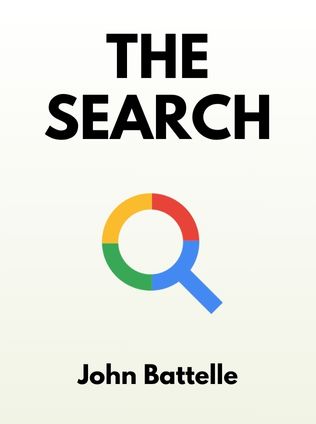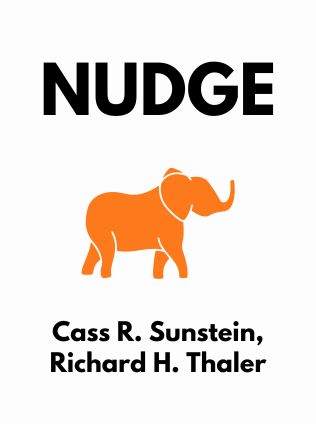
The Search
How Google and Its Rivals Rewrote the Rules of Business and Transformed Our Culture
By John Battelle
Published 10/2006
About the Author
John Battelle is a pioneering figure in the world of digital media and technology. A co-founding editor of Wired magazine, he has been at the forefront of technological journalism and commentary for decades. Battelle is also the founder of The Industry Standard, a highly regarded publication focused on the Internet economy. As a program chair for the Web 2.0 conference and a columnist for Business 2.0, he has continually provided insights into the digital revolution. His extensive background and deep understanding of technology and business landscapes make him an authoritative voice in exploring the impact of the internet and search technologies on society.
Main Idea
"The Search: How Google and Its Rivals Rewrote the Rules of Business and Transformed Our Culture" by John Battelle is a comprehensive exploration of the evolution of search technology, with a particular focus on Google’s unprecedented rise. The book delves into the technical, economic, and cultural transformations brought about by search engines. Battelle discusses how these technologies have not only revolutionized how we access information but also how they have influenced global business practices, marketing strategies, and even our daily lives. Through interviews with key figures and analysis of the industry, the book provides a detailed narrative of how search engines, especially Google, have become central to the digital era.
Table of Contents
- The Database of Intentions
- Who, What, Where, Why, When and How (Much)
- Google Is Born
- A Billion Dollars, One Nickel at a Time
- Google Today, Google Tomorrow
- Search, Privacy, Government and Evil
- Perfect Search
The Database of Intentions
The concept of the "Database of Intentions" is introduced as a fundamental aspect of search technology. Battelle describes this as the accumulation of data that reflects human desires and interests, captured through search queries. This database is not just a collection of information but a reflection of cultural trends, societal concerns, and individual intentions. Google’s ability to analyze and utilize this data has positioned it as a powerhouse in understanding global patterns and behaviors.
In the fall of 2001, amidst the dot-com crash, Google introduced the Google Zeitgeist, a tool that showcased trending search queries. This tool highlighted how search data could provide real-time insights into societal interests and shifts. As Battelle notes, "Zeitgeist revealed that Google had more than its finger on the pulse of our culture: It was directly jacked into its nervous system."
"Zeitgeist revealed that Google had more than its finger on the pulse of our culture: It was directly jacked into its nervous system." - John Battelle
This realization underscored the potential power and responsibility that comes with managing such vast amounts of data. The implications of this "Database of Intentions" extend far beyond marketing, touching on issues of privacy, government surveillance, and even ethical considerations in the digital age.
Sign up for FREE and get access to 1,400+ books summaries.
You May Also Like
Rich Dad Poor Dad
What the Rich Teach Their Kids About Money - That the Poor and Middle Class Do Not!
By Robert T. KiyosakiFreakonomics
A Rogue Economist Explores the Hidden Side of Everything
By Steven D. Levitt and Stephen J. DubnerThe Lean Startup
How Today's Entrepreneurs Use Continuous Innovation to Create Radically Successful Businesses
By Eric RiesFactfulness
Ten Reasons We're Wrong About the World – and Why Things Are Better Than You Think
By Hans RoslingPrisoners of Geography
Ten Maps That Tell You Everything You Need to Know About Global Politics
By Tim MarshallNudge
Improving Decisions About Health, Wealth, and Happiness
By Cass R. Sunstein, Richard H. Thaler



















